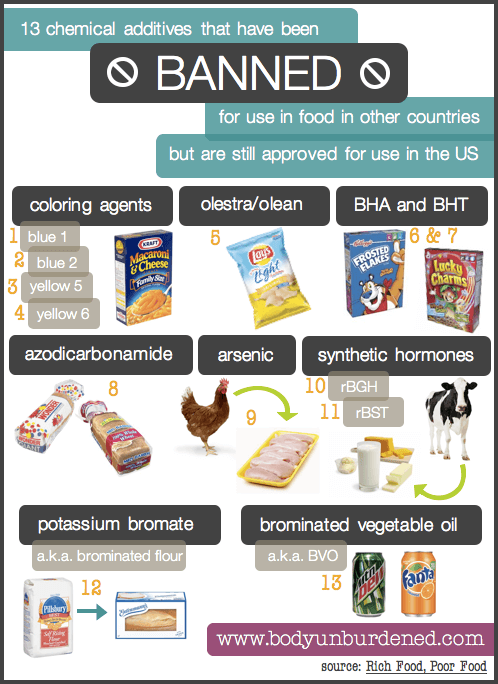Can identity come without labels? Are labels our identities? Or can person know who they are without being labeled? I think labels in modern society can be both detriments and assets.
Assets:
People who are organized into labels have a sense of who they are. They are allowed to express themselves through those labels. They provide communities and ideas of belonging. Labels can be incredibly useful in discussions about privilege and power. Most of modern day labels are used to categorize."Labels are important. They allow us to not only understand the world around us, but ourselves. Many of us struggle with what labels to apply to ourselves. We cycle through them, try them on like shirts, and discard the ones that do not fit. Some of us try on many more labels, while others may be perfectly fine with those assigned to them through others. I mean, some of us do take longer to get ready, no? Some people see certain labels as problematic, in fact, the only time this type of discussion is brought up is when people see labels as being such. For example, you never see people complain about being labeled as nice, kind, unique, outgoing, and so on. The only time people bring labels into question is when they are used to help describe and bring to light inequality. As I previously mentioned, the whole ordeal with “I don’t see race/gender/sexuality/etc”, is about saying how someone does not treat someone differently because they do not see difference."
Detriments:
Labels can cause discrimination in the work place. It can cause low self steam, there can also be issues of falls labels. "Removing labels is not only impossible, but dangerous and harmful. As mentioned, we would have to effectively remove adjectives from our vocabulary, or, never apply them to people. If we only applied them to non-human animals or objects, why should they be afforded language that shows how wonderfully diverse they are, but humans are not? To deny labels is to deny diversity. It is to deny human experience. In fact, to remove labels is vastly anti-human in a way. It removes the very things that make up each unique (another label) individual. In fact, I cannot hold a conversation about labels without using labels."

